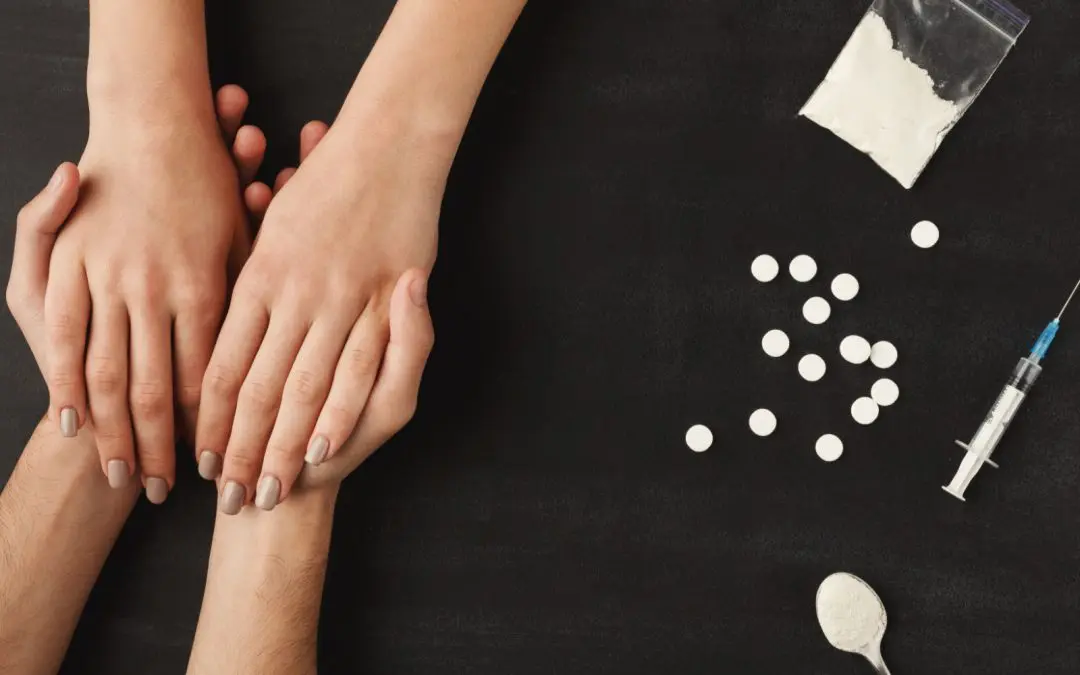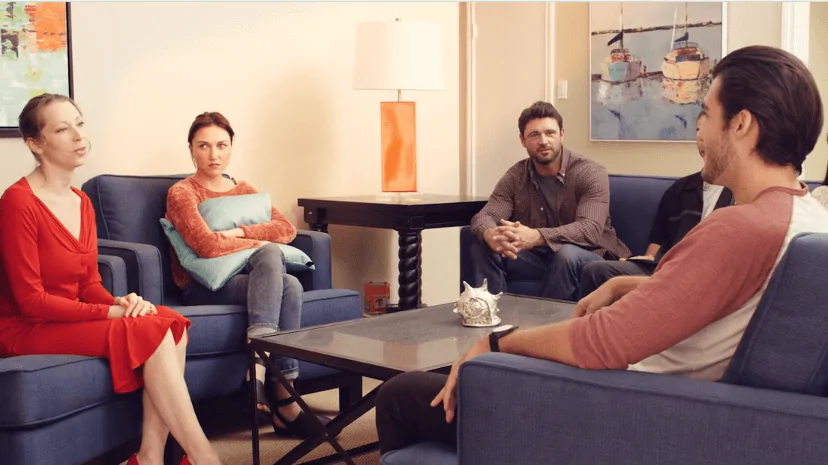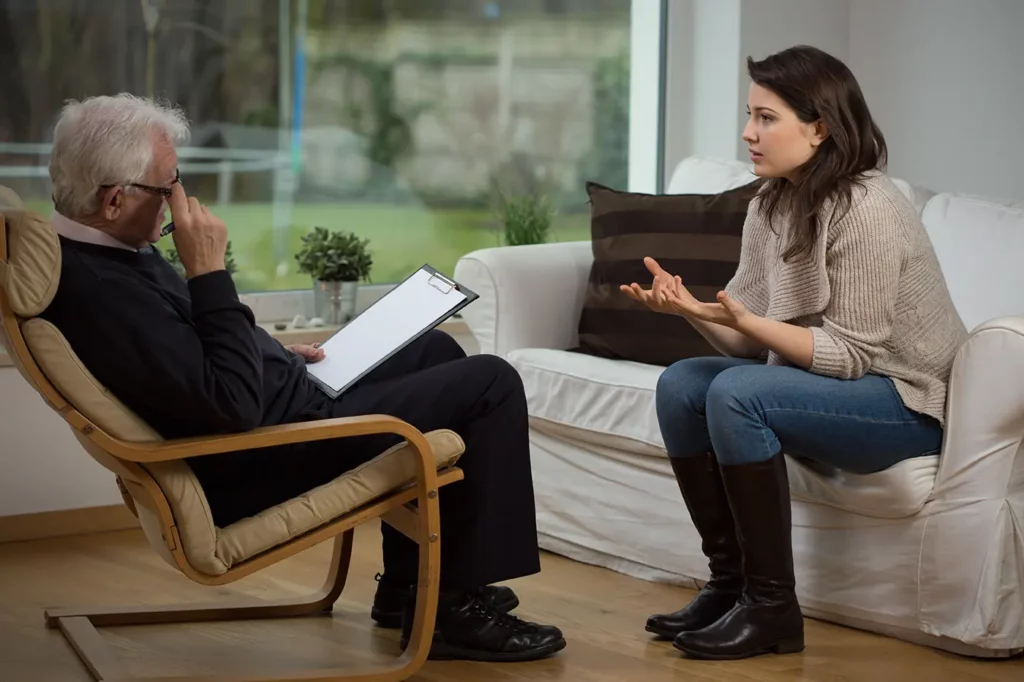24/7 Helpline:
(866) 899-111424/7 Helpline:
(866) 899-1114
Learn more about Klonopin Rehab centers in Big Sandy
Klonopin Rehab in Other Cities

Other Insurance Options

EmblemHealth

Health Partners

American Behavioral

Premera

WellPoint

State Farm

CareFirst

Meritain

Molina Healthcare

AllWell

Choice Care Network

Humana

Health Choice

Evernorth

Ambetter

Self-pay options

Lucent

Oxford

Optum

Magellan




Wellness Pointe
Wellness Pointe is a Federally Qualified Health Center that provides behavioral health services for ...

Community Healthcore
Community Healthcore offers drug and alcohol addiction rehabilitation along with helping families co...























